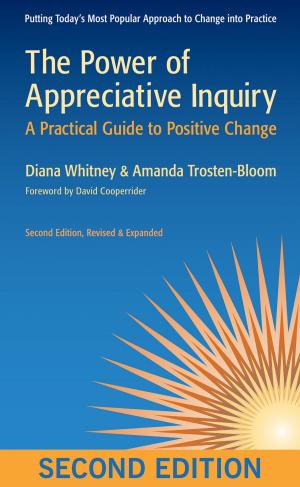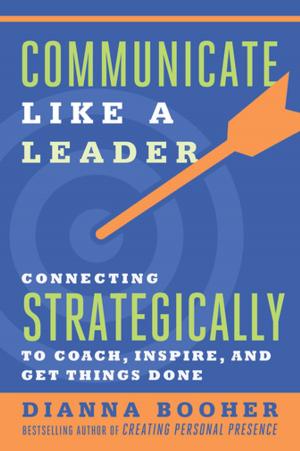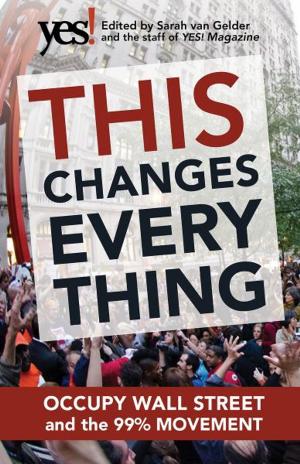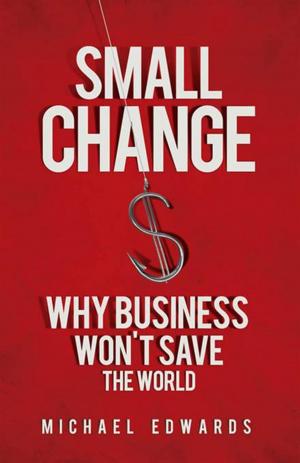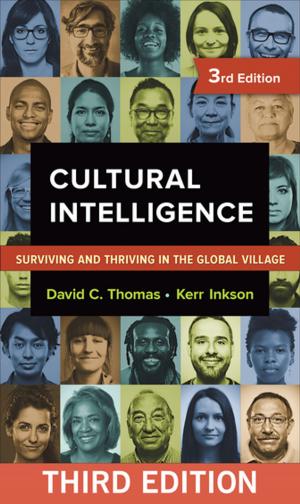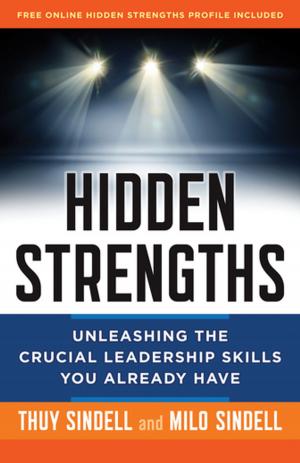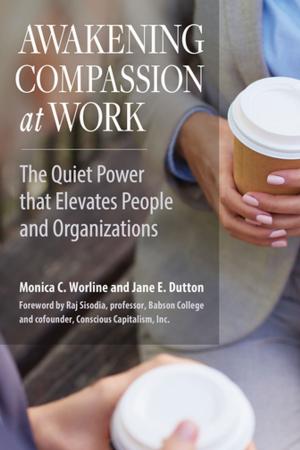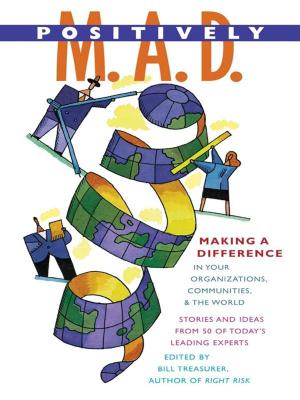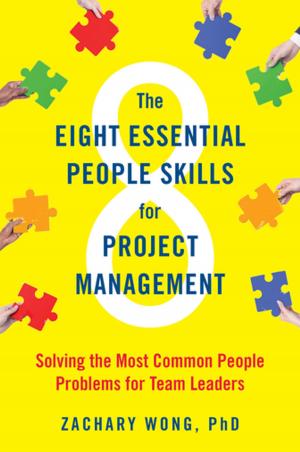What the U.S. Can Learn from China
An Open-Minded Guide to Treating Our Greatest Competitor as Our Greatest Teacher
Nonfiction, Social & Cultural Studies, Political Science, International, International Relations| Author: | Ann Lee | ISBN: | 9781609941260 |
| Publisher: | Berrett-Koehler Publishers | Publication: | January 9, 2012 |
| Imprint: | Berrett-Koehler Publishers | Language: | English |
| Author: | Ann Lee |
| ISBN: | 9781609941260 |
| Publisher: | Berrett-Koehler Publishers |
| Publication: | January 9, 2012 |
| Imprint: | Berrett-Koehler Publishers |
| Language: | English |
While America is still reeling from the 2008 financial crisis, a high unemployment rate, and a surge in government debt, China’s economy is the second largest in the world, and many predict it will surpass the United States’ by 2020. President Obama called China’s rise “a Sputnik moment”—will America seize this moment or continue to treat China as its scapegoat? Mainstream media and the U.S. government regularly target China as a threat. Rather than viewing China’s power, influence, and contributions to the global economy in a negative light, Ann Lee asks, What can America learn from its competition? Why did China recover so quickly after the global economic meltdown? What accounts for China’s extraordinary growth, despite one of the highest corporate tax rates in the world? How does the Chinese political system avoid partisan rancor but achieve genuine public accountability? From education to governance to foreign aid, Lee details the policies and practices that have made China a global power and then isolates the ways the United States can use China’s enduring principles to foster much-needed change at home. This is no whitewash. Lee is fully aware of China’s shortcomings, particularly in the area of human rights. She has relatives who suffered during the Cultural Revolution. But by overemphasizing our differences with China, the United States stands to miss a vital opportunity. Filled with sharp insights and thorough research, What the U.S. Can Learn from China is Lee’s rallying cry for a new approach at a time when learning from one another is the key to surviving and thriving.
While America is still reeling from the 2008 financial crisis, a high unemployment rate, and a surge in government debt, China’s economy is the second largest in the world, and many predict it will surpass the United States’ by 2020. President Obama called China’s rise “a Sputnik moment”—will America seize this moment or continue to treat China as its scapegoat? Mainstream media and the U.S. government regularly target China as a threat. Rather than viewing China’s power, influence, and contributions to the global economy in a negative light, Ann Lee asks, What can America learn from its competition? Why did China recover so quickly after the global economic meltdown? What accounts for China’s extraordinary growth, despite one of the highest corporate tax rates in the world? How does the Chinese political system avoid partisan rancor but achieve genuine public accountability? From education to governance to foreign aid, Lee details the policies and practices that have made China a global power and then isolates the ways the United States can use China’s enduring principles to foster much-needed change at home. This is no whitewash. Lee is fully aware of China’s shortcomings, particularly in the area of human rights. She has relatives who suffered during the Cultural Revolution. But by overemphasizing our differences with China, the United States stands to miss a vital opportunity. Filled with sharp insights and thorough research, What the U.S. Can Learn from China is Lee’s rallying cry for a new approach at a time when learning from one another is the key to surviving and thriving.

